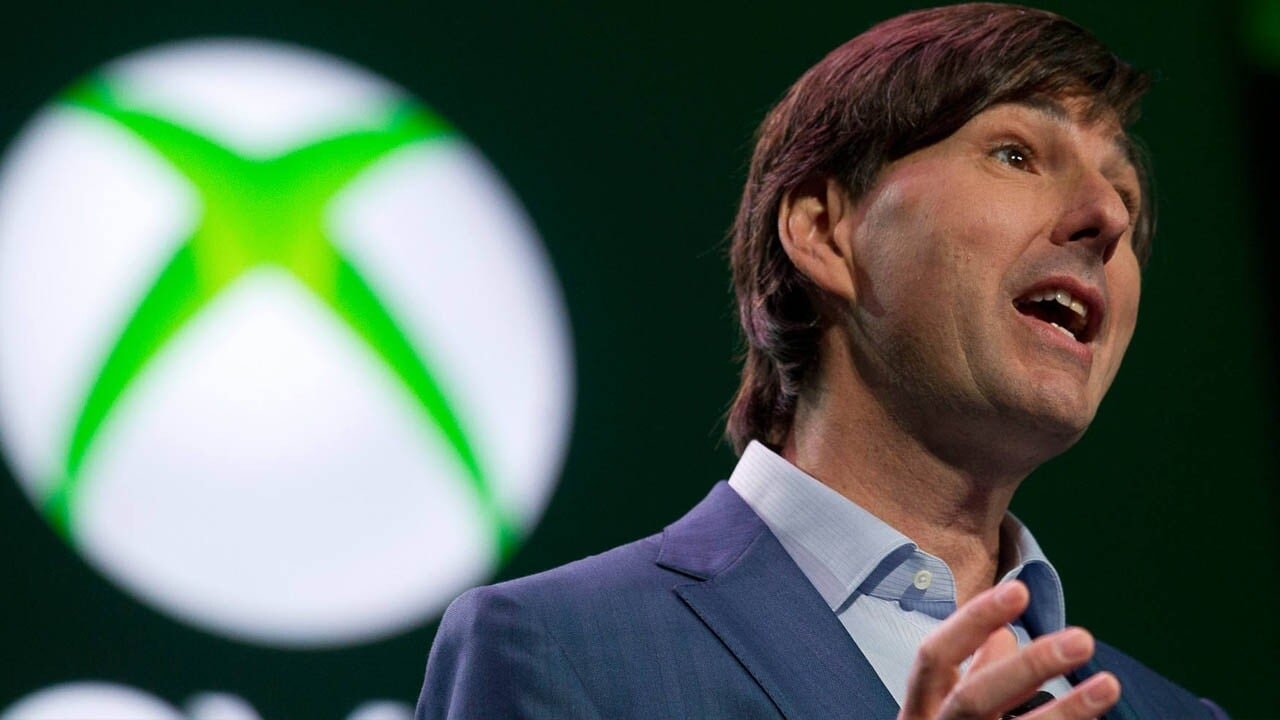Second Wind Or Another Nail In The Coffin?
Over the weekend, the big news—aside from it being Canada Day, go Canucks…—was that Don Mattrick, the head of the console division for Microsoft, is leaving his post to take over the role of CEO at Zynga, a company best known for its social games like FarmVille on Facebook, and its plummeting stock price since it went public. In other words, the man at the reins of the Xbox One jumped ship just months from a console launch to try and turn around a company that’s been in trouble for a while now.On the surface, it doesn’t sound like a great idea, but more importantly for gamers, it could have a definite impact on what happens to the Xbox One in the future.
In retrospect, it’s not a surprise that Mattrick would want to move on. After all, as head of the console division, he played some part in the disastrous assumption that gamers would embrace DRM. Whether he actually advocated it himself or not, he had to try and push the concept through. That didn’t happen, and it was his own announcement on the official Xbox website that that made it clear that heads—whether justified or not—were rolling over the backlash, and being in charge of the division, he was likely part of that. There were also rumblings from upper management that a massive staff reorganization was coming soon, and Mattrick clearly didn’t want to be caught in the storm.
So now that Mattrick is gone, none other than Steve Ballmer, the CEO of Microsoft itself, sent an e-mail out telling those employees who answered to Mattrick that they would be reporting to Ballmer himself. There is no “named” successor for Mattrick, which is a strong sign of the suddenness of this departure.
From Ballmer’s own e-mail to the employees, we already have a telling hint of the things to come:
We released fantastic games, and, most importantly, we expanded Xbox to go beyond great gaming to deliver all the entertainment people want — sports, music, movies, live television and much more.
This is essentially a confirmation of the Trojan Horse tactic that many suspected the Xbox One to be an elaboration of; a device that presents itself as a gaming console but prioritizes functions far beyond that. Microsoft has ambitions that go much further than just “winning” the console war. They want to control the living room, set deals in place with sports and entertainment industries, and turn game consoles into entertainment consoles, where gaming is just one aspect of a machine that is the heart of all the fun in the living room.
Their biggest priority now is getting the box into homes. There’s no point in courting exclusive TV content or sports features if the ownership numbers aren’t there to justify the expenditure. Microsoft is likely to make a move similar to Nintendo with the 3DS and cut the price of the console early in order to remain competitive and sell more units. It’s less important for them right now to make profits on a gaming machine than it is to have an entertainment box with high “viewership” so that those numbers can be used at the negotiating table to deal with the likes of Disney or the UFC for Xbox One exclusive content.
Ballmer’s vision is pretty clear; with the decreasing importance of desktop operating systems and productivity software like Office in the marketplace, Microsoft needs to make some bold, new moves to capture other territory. Apple has denied them the phone market, Google has the search market, but the living room is fragmented. Microsoft has an opportunity solidify that living room grip if it devotes more resources to the entertainment industry and the content it produces through Xbox One, rather than the games that Xbox One itself can play.
It’s likely that the Xbox 360’s own arc of market focus will be replicated by the Xbox One at an even faster rate; concentrating on games initially before aggressively committing to more general consumer entertainment. Mattrick, meanwhile is going back to a game company because that’s his area of expertise. That should be a strong hint about where his interests lie versus Microsoft’s.




